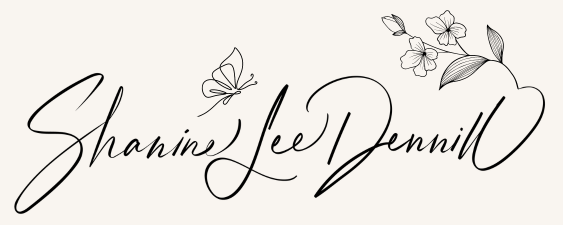
After three people recommended I read Braiding Sweetgrass, I finally bought the book (and a wonderful student, Trudy, from my old studio, also bought me the book recently) – talk about this book being gifted into my life. I’m only a third of the way in, already heavily earmarked, and am deeply in love with the indigenous wisdom shared in the pages. In a section, she shares how words can separate us or bring us closer to the essence of life.
The author, Robin Wall Kimmerer, describes how she is learning her ancestors’ language, Potawatomi, which the government and church tried to erase. Children were taken from their homes to schools and forced to speak and learn in English while being punished if they spoke their native language (it reminded me of my early years in South Africa and learning about black children being forced to learn in Afrikaans, which led to the Soweto uprising and many children were killed and injured).
In the book, Robin speaks of many nouns that make up the English language, which would perhaps explain why we see things as mere objects. But in the language of Potawatomi, words are used to describe the aliveness in everything. She uses the example of a Bay. You could call it the Bay, but it comes across as an object and dead. But, in their language, it would be “To be the Bay” – in other words, a living water that converses with the shores and trees and animals (and how you feel the essence of a Bay – to be the Bay).
Yoga teaches us this
Studying the Devi and Hindu Goddesses, one feels the essence of aliveness in all and within us. The Devi teaches us to see the beauty, magic, wonder, and abundance in ‘everything’ around us and within us as part of creation. Sanskrit words (an ancient language) also evoke the essence of Energy/Universe and do not just name things as objects.
One of Eckhart Tolle’s teachings is to avoid immediately labelling things when looking at something. Instead, pause and feel into the essence of what you are looking at before the mind comes in and distances the heart by categorizing what you are looking at and experiencing with a label.
Even if you do not pray to a Goddess or are into Yoga, the deeper we move on our spiritual path, the more we awaken, our hearts expand, and we see and feel the aliveness in everything (or life humbles us with difficulties to surrender). Spend a lot of time in nature, and Mother Earth naturally teaches you when you pause to listen to Her and see Her abundance of Life. Mother Earth is a living Being – the sooner we realize this, the quicker we lessen the problems we are experiencing today.
‘I Am’ Mantra
In Braiding Sweetgrass, the author uses the Potawatomi word Yawe – the animate to be. “I am, you are, s/he is.” The wolf is, the maple trees are – beings.
So, if words carry the power to transform how we experience relationships with those around us, we can change our words. The ancient yogis knew this; that is why we chant our mantras. Every mantra carries a seed of realization. A powerful mantra is So Hum. Which means I Am That or I Am. My friend Diana reminded me that in Christianity, God said to Moses, “I Am That I Am.” (King James version). See the commonality underneath everything?
If you wish to experience the essence of life, start meditating, by chanting 108 times the mantra So Hum every morning.
When we chant this mantra, So Hum, it is not from a mental understanding of the mantra. Chanting this mantra awakens you to the essence and aliveness of the Universe within you as you and in everything around you.
Our words evoke a moral responsibility
When we begin to see everything and everyone around us as living, vibrant, the Universe, we stop seeing ‘things’ as objects, something to capitalize on, or get into arguments with people over (separateness and division). We begin to see everything differently and speak words that describe the living, vibrant essence of what surrounds us.
By first interacting from a place of intimacy and heart-filled consideration, we can imbue a word with its essence and perhaps even change the words we use. And as Robin reminds us – the words then lend to a moral responsibility.
Shanine Dennill
Shanine's speciality is bringing Rituals and Rest to students to awaken to (and remember) the sacred. She offers yoga and meditation classes, powerful nature and moon events, and profoundly transformative teacher trainings. Her spiritual journey began at a young age when the death of family members touched her and made her seek the meaning of life and death. This has led her on a quest to live and share with others the wisdom of living life with deep reverence, fully embodied, and to our greatest potential. She is also currently studying to become an Ayurveda Health Advisor.








